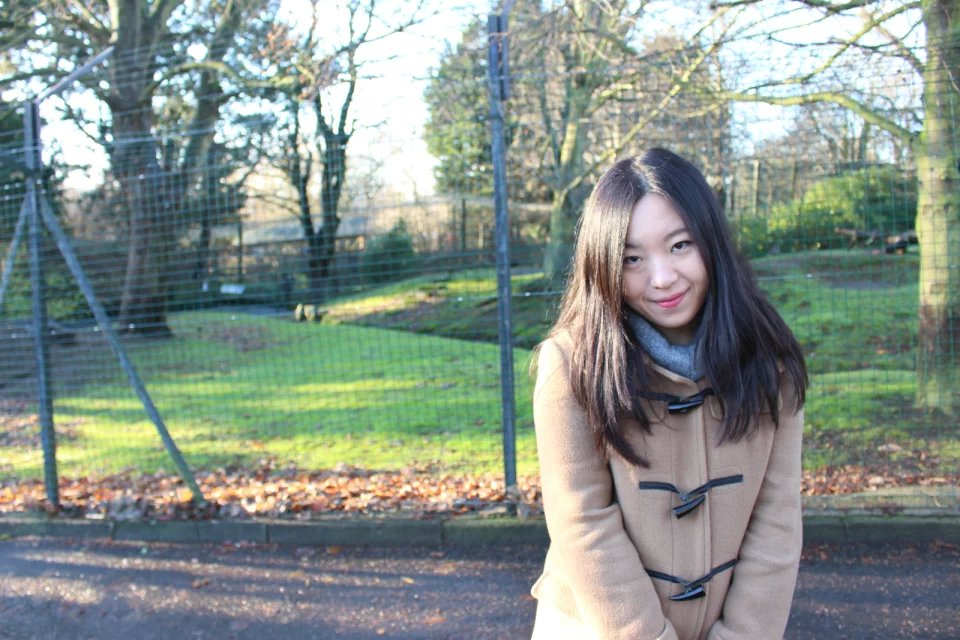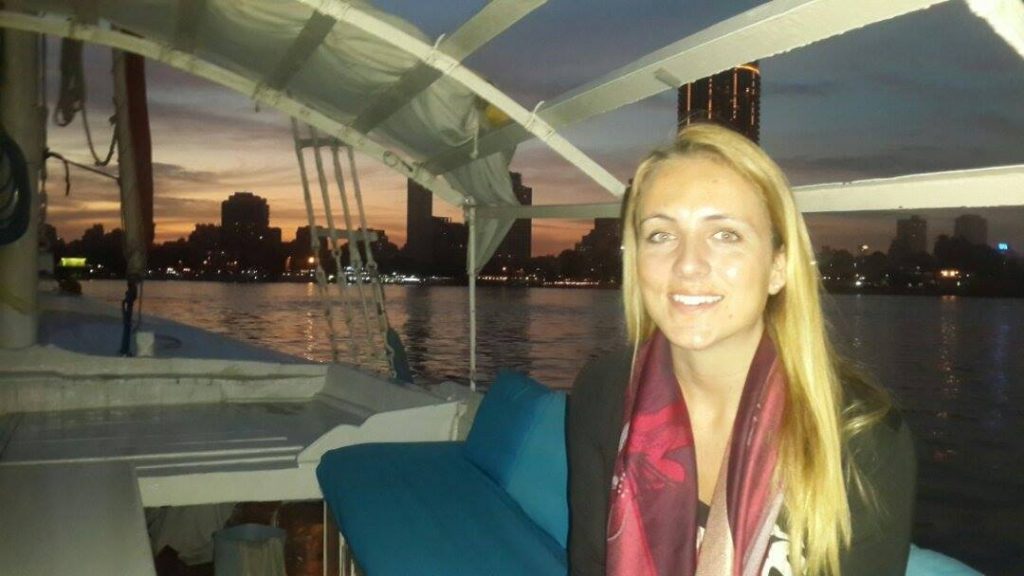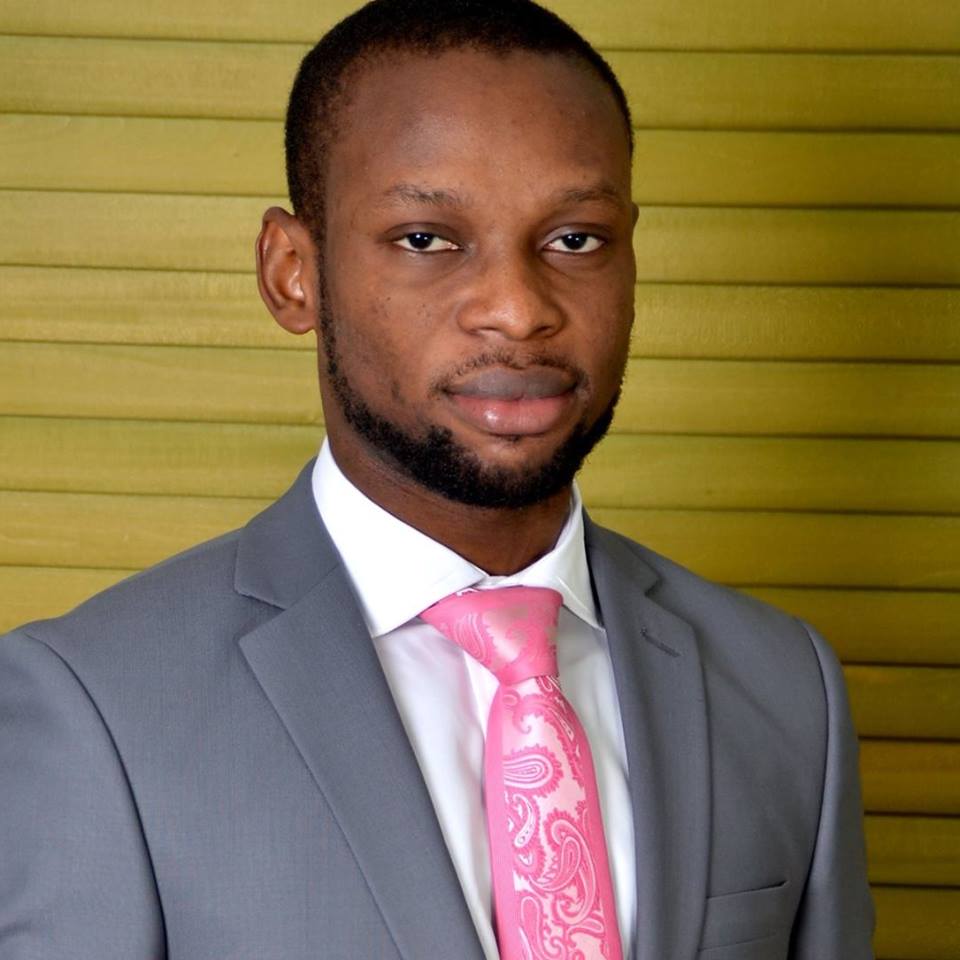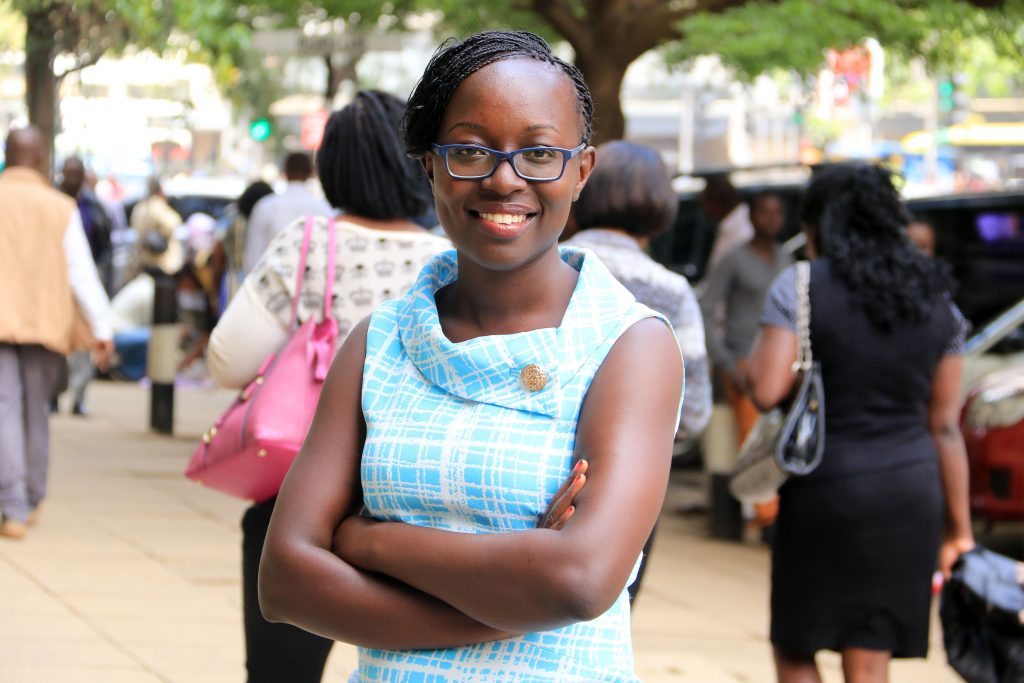“A free press can, of course, be good or bad, but most certainly without freedom, the press will never be anything but bad.”
– Albert Camus
Natalia Zuo, 25, Researcher at the BBC
“It’s very important for the general public to be informed, therefore, they can form intellectual debates, which can be seen as a feedback system for the authorities. Sadly, it’s far from the reality in many countries.”
One year after Natalia’s documentary, Gay and Married in China, was nominated for a One World Media award, the 25-year-old started working as a researcher at the BBC in the United Kingdom. Natalia told the IPF that she has wanted to be a journalist for as long as she can remember – she even wrote an essay about it being her dream job while in primary school. Her father always had the news on and she learned to enjoy watching it.
“Watching things happening around the world was still way better than doing homework for a 10-year-old. I watched a documentary with my father. I don’t remember much about the documentary itself but I do remember seeing people carrying cameras around filming, often in extreme conditions. As time went on, my initial thoughts – ‘I want to do the same thing’ – developed into a serious career dream.”
Gay and Married in China was the first film that Natalia produced on her own, inspired by hearing about the struggles some of her friends in China were going through because of their sexual orientation.
“The fact that society is still obsessed with ‘continuing family blood’ and not able to accept homosexuality has destroyed many families. Having heard a friend of mine and her partner, who were both featured in the film, will marry a gay couple to form a ‘marriage of convenience’, I decided to make the film.”
Natalia gained a work experience placement at BBC Current Affairs shortly after graduating from her Multimedia Journalism course. While there, she worked as a researcher for the programme ‘Hilary Clinton – the Power of Woman’ alongside director Francis Whatley. She told the IPF that it was Francis who inspired her to pursue her passion for journalism and documentary filmmaking.
She then went on to study a Masters in documentary filmmaking, while continuing to work on documentaries during this time. She started her job at BBC Monitoring in 2015.
“Being passionate, and sometimes idealistic, about journalism has always been what pushes me further. But I think it’s even more important to get to know other great journalists and filmmakers and be inspired by their work.”
When asked where she sees herself in 10 years, Natalia said:
“I want to be an independent filmmaker, travelling around the world and telling the stories that need to be heard.”
Zia Weise, 23, Freelance Foreign Correspondent
“A free press is such a vital pillar of democracy. A country can’t truly call itself free or democratic unless it has a free press.”
Two years since Zia relocated to Istanbul, Turkey she has had her articles printed in The Sunday Times, The Telegraph, The Guardian, Foreign Policy, The Independent, and others. The 23-year-old now travels around Turkey reporting on migration, politics, and conflict.
Zia told the IPF that she had two main interests as a child: writing and asking annoying questions. When she was 14, she realised she could get paid to do those two things and after undertaking a placement at a local newspaper, she found herself hooked – despite the most exciting thing she covered being a children’s Easter egg hunt.
When asked about her decision to move to Turkey to be a journalist, Zia said:
“At a placement a foreign editor told me: ‘If you want to be a foreign correspondent, go somewhere foreign and start reporting.’ Right after uni, I had just started at a UK tabloid but working there ate my soul, so I quit that job after four months and decided to follow his advice. With so much going on in the neighbourhood, Turkey seemed the right place to be.”
While reporting in Turkey has its challenges, Zia said that the local journalists suffer the most from press freedom issues and are more likely to end up detained or jobless than foreign correspondents like her. Zia’s day-to-day concerns centre around access to districts in the south-east and interviewing those afraid to speak to the press.
“Freelancing is challenging – some days you end up doing more emailing and debt-collecting than reporting, which can be draining.”
However, Zia encourages aspiring foreign correspondents to “get out there and do it”. She also urged students to reach out to journalists they admire, attend talks, meet for coffee – adding that she wishes she had done more of that as a student.
When asked where she sees herself in 10 years, Zia said:
“Hopefully in a world where news organisations still have the money to send out foreign correspondents to shine a light on events outside the national news bubble. And I’d like to be one of them.”
Sina Stieding, 27, Freelance Journalist/Assistant Editor at Maadi Messenger
“A democratic country has to have freedom. If there’s no freedom, there’s no democracy. If countries are endeavouring to give power to the people, they can’t take away their voice. The press is their voice. Press freedom is the only way the people get to speak.”
Sina started writing at the age of six. She told the IPF that she always cared about storytelling and education, and finds journalism to be a combination of the two.
“Journalism is the only profession where you keep learning every day. I have now learned about astrophysics by interviewing an astronaut, adopted a stray cat because I wrote an article about an animal NGO, and become a foodie because I did food reviews.”
As a young German woman living in Egypt as a journalist, Sina has faced challenges, but she also believes that Western media misrepresent Egypt in many ways. After university, Sina decided to take the plunge and move to Egypt.
“Coming to Egypt could have failed miserably, but it didn’t. I decided to move to Egypt because I knew there was a plethora of stories to be told. My personal challenge was to unveil the truth.”
Since then she has written for a large Egyptian online magazine and has realised how much power a journalist has in the country.
“As a journalist, my voice is my most valued good. I learned more about the profession than I could have elsewhere by effectively having this voice taken away at times here in Egypt.”
Sina urges aspiring journalists to know their subject well and recommends starting a blog about your topic of interest. She emphasised passion, dedication and persistence to succeed – no matter how many times you are rejected.
“It doesn’t matter what you’ve earned from your writing or how many people read it. There is no such thing as a wasted article or effort. Those who want to make it in journalism need to show the world what they can do, and eventually the world will listen.”
In 10 years, Sina hopes to be knowledgeable enough to stand in a room with Christiane Amanpour and talk about journalism without making a fool of herself.
“I am hoping in the next decade I can contribute to making people hear the truth. I aspire to be a voice people trust because they know I tell them the truth. I don’t have a particular job I aspire to because I try not to determine success in money or exposure. The more people think I got it, the happier I will be.”
Fisayo Soyombo, 30, Editor of the TheCable
“Freedom is as important to the press as tea is to sugar; and for me, a restricted press is no better than non-existent press. Democracy is the first casualty of a lack of press freedom. If governments cannot be held to account by the media and by the people, the entire concept of democracy has been defeated. That, for me, is as good as anarchy.”
Fisayo was introduced to the industry by a medical doctor while a freshman at Nigeria’s oldest university, the University of Ibadan. After speaking during a university debate, Laz Ude Eze, then editor of the press at his halls of residence, encouraged Fisayo to consider journalism.
“Although I was studying agriculture, I enjoyed campus journalism so much that after a semester I promised myself I would become a journalist after school. At that age, I was already sure of journalism as a tool for enhancing democracy, fighting social injustice, speaking for the voiceless and generally advancing society.”
However, he admits that Nigeria isn’t the best place to be a journalist, where most journalists are poorly paid and hardly ever respected. He noted that in order to be a journalist in Nigeria, one has to be extremely passionate or you’re sentencing yourself to a lifetime of misery.
“Just last month I woke up and wondered if journalism was worth all the trouble. I have given the last 11 years of my life to journalism and the peripheries of it… and I know journalism hasn’t given me a quarter of what I have given to it. That’s where the passion comes in. Journalism is all I have ever wanted to do, and I’m never going to be forced out of it by the sticking points of the Nigerian climate.”
Fisayo said he doesn’t look too far into the future and takes his job one step at a time, always thriving for excellence. However, he said that he hopes to win Pulitzer Prize within the next 10 years and hopes that his career will continue to grow.
When asked what advice he has for aspiring journalists, Fisayo said:
“Forget money, chase excellence.”
Beryl Wambani Munoko, 27, Reporter for Nation Media Group
“Free press is important for any country because of the need to facilitate the public’s right to information, to spread ideas and to promote public debate. Governments are always trying to hide facts from their citizens in the guise of security concerns or to cover up their corrupt dealings. Only a free press has the organisation, technical experience, and infrastructure to gather information, process it, and deliver it to the public.”
Beryl was 11-years-old when she was interviewed for an article about conserving the endangered Rothschild Giraffe and saw first-hand the impact journalism can have on issues she cared about. She went on to become involved at her university’s radio station, as well as secure internships at the Kenya Times and the Kenya Broadcasting Corporation (KBC). She then joined the Nation Media Group, the largest media house in East and Central Africa.
Speaking about some of the challenges of being a journalist in Kenya, Beryl said:
“There is a lack of knowledge on what good stories are and how to tell them. While it is not a big national problem, some regional reporters lack basic writing and video skills, which are vital to being a good journalist in Kenya.”
Beryl also highlighted infrastructural constraints, such as lack of reliable electricity and internet services in areas outside urban centres. Furthermore, she highlighted the struggles female journalists face in regards to juggling work and sustaining a family, particularly in African society where she says the woman’s role is still to take care of the house and their children.
Within the next ten years, Beryl hopes to get a Master’s in Communications, as well as specialise in health, after which she aims to become a senior reporter in this field and become the main point of contact for the world on health issues in Africa.
She urges young journalists to remain creative, listen for stories, read between the lines and remember that “it’s the small issues that make the greatest stories”.
“Work hard and persevere. Starting out may be difficult as one needs to acquire the skills and contacts to get good stories, but with time, all works out. Above all: learn, learn learn.”






